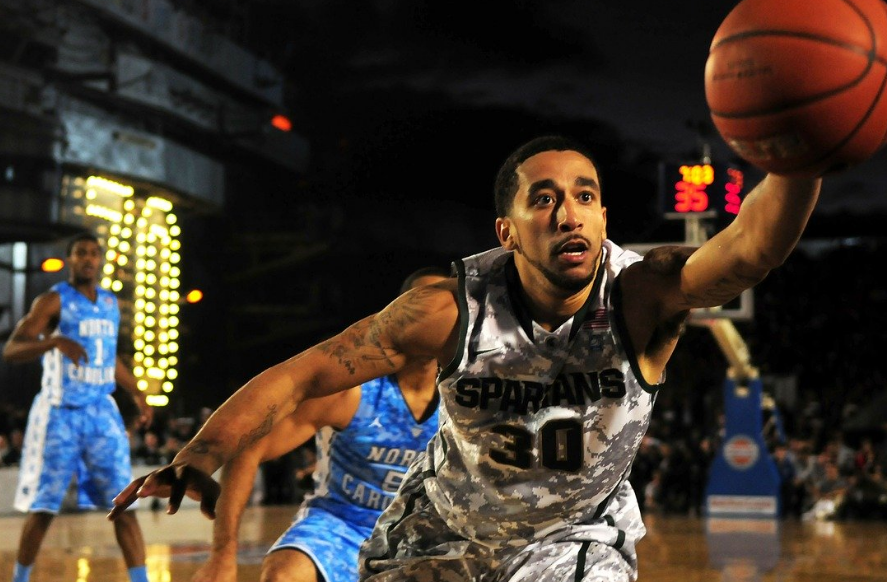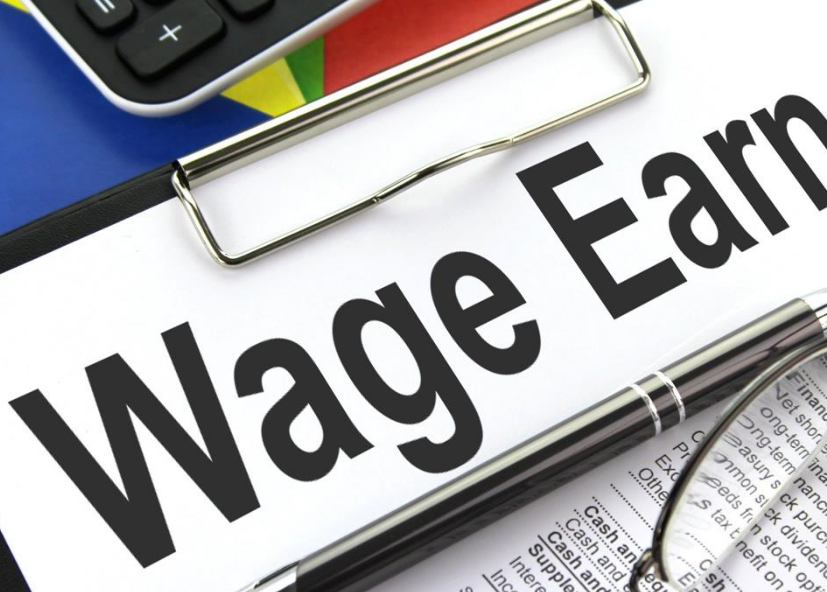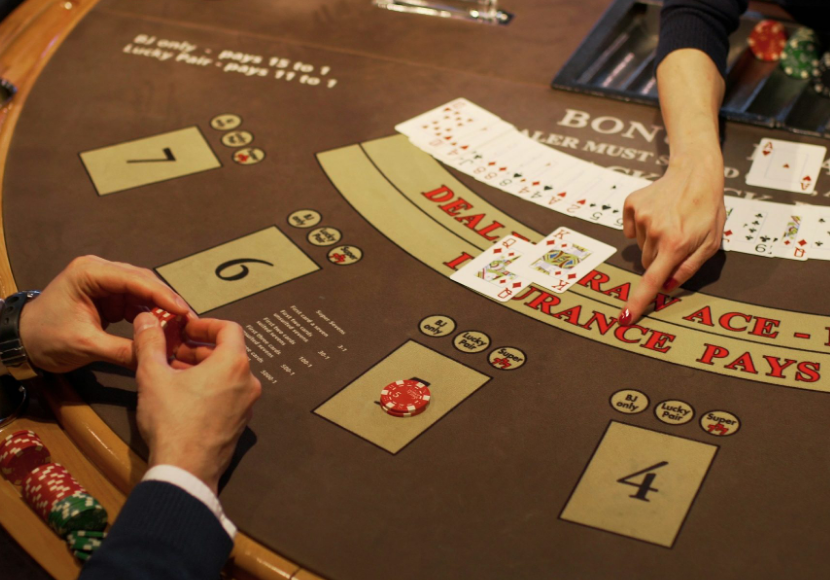Fanatics, the sports giant shaking up merchandise and betting, just got a bold forecast from its CEO. Michael Rubin predicts the company could skyrocket to $50 billion in revenue over the next decade, fueled by a massive push into sports betting and fresh ideas like a new credit card. But what’s driving this ambitious vision, and can it really happen?
Michael Rubin, the powerhouse CEO of Fanatics, shared exciting plans at the National Retail Federation’s Big Show. He sees the company hitting between $30 billion and $50 billion in annual revenue within five to 10 years. This comes as Fanatics expands beyond sports gear into betting and collectibles.
Right now, Fanatics sits at a $13 billion valuation. Its current revenue breaks down to about $7 billion from merchandise, $4 billion from trading cards and collectibles, and $2 billion from gaming and betting. That’s a strong base, but Rubin wants more.
He stressed building for the long haul, with no rush to go public. “We’re in this for the long term,” Rubin said, aiming to make Fanatics the top player in sports.
Fanatics started as a sports apparel seller but has grown fast. Rubin founded it after selling his earlier company to eBay for $2.4 billion in 2011. Today, it handles everything from team jerseys to online betting.
Sports Betting as the Revenue Powerhouse
Sports betting stands out as a key driver in Rubin’s projections. He expects it to make up 40% of Fanatics’ profits by 2027, potentially adding hundreds of millions in earnings.
The company launched Fanatics Sportsbook in 2023, starting with a retail spot in Maryland. It has since grown, grabbing about 8% of the U.S. sports betting market share. That puts it third behind giants like DraftKings and FanDuel.
Why the focus on betting? The U.S. market hit $20 billion last year, and it’s still expanding as more states legalize it. Fanatics uses its huge fan database of over 100 million people to draw in bettors.
Rubin, a self-described “degenerate gambler,” knows the space well. He partnered with stars like Jay-Z to build the sportsbook. This move turns casual fans into loyal customers who bet, buy gear, and collect cards all in one place.
But challenges loom. Competition is fierce, and regulations vary by state. Fanatics must navigate these to keep growing.
Here’s a quick look at Fanatics’ revenue sources today:
- Merchandise: $7 billion (licensed sports gear)
- Collectibles: $4 billion (trading cards like Topps)
- Gaming/Betting: $2 billion (sportsbook operations)
This mix shows how betting could tip the scales toward that $50 billion goal.

Credit Card Launch to Hook More Fans
Fanatics isn’t stopping at betting. Rubin announced a new credit card launching this spring, aimed at sports fans. It will tie into the company’s FanCash loyalty program, letting users earn rewards on purchases.
This card could change how fans spend. Imagine getting points for buying a jersey that you can use for bets or tickets. It’s part of building a full sports ecosystem.
Rubin calls it a “game changer.” With 75% of sales already direct to consumers, this card boosts loyalty and spending.
The idea fits Rubin’s scrappy style. He started young, building businesses from nothing. Now, he’s eyeing global reach, including prediction markets with partners like Crypto.com.
One paragraph on risks: Expansion brings hurdles, like market saturation or economic dips that cut consumer spending.
Challenges and Opportunities Ahead
Not everything is smooth sailing for Fanatics. The sports industry faces ups and downs, from economic pressures to shifting fan habits. Betting regulations could slow growth in some areas.
Still, opportunities abound. Fanatics holds exclusive deals with leagues like the NFL and MLB for merchandise. Adding betting strengthens those ties.
Rubin stepped away from owning stakes in teams like the Philadelphia 76ers to focus on Fanatics. That move shows his commitment.
Analysts watch closely. A recent report from Sportico noted Fanatics’ 2024 sales jumped 15% to $8.1 billion, thanks to strong collectibles and retail like Lids stores.
In betting, Fanatics aims to be number one worldwide in a decade. With leaders from FanDuel on board, it’s pushing hard.
Rubin shared at a Puck conference that the “next frontier” is integrating all parts of the business. This could mean more tech like live commerce and special events.
Growth might affect everyday fans. Cheaper gear or better betting odds could come, but higher prices might hit if costs rise.
As Fanatics grows, it could reshape how we enjoy sports, from watching games to placing bets.
Fanatics’ bold push under Michael Rubin paints a thrilling future for sports fans and investors alike, blending merchandise, collectibles, and betting into a powerhouse. With projections soaring to $50 billion and innovative moves like the upcoming credit card, the company stands ready to dominate. Yet, success hinges on smart execution in a competitive world.








